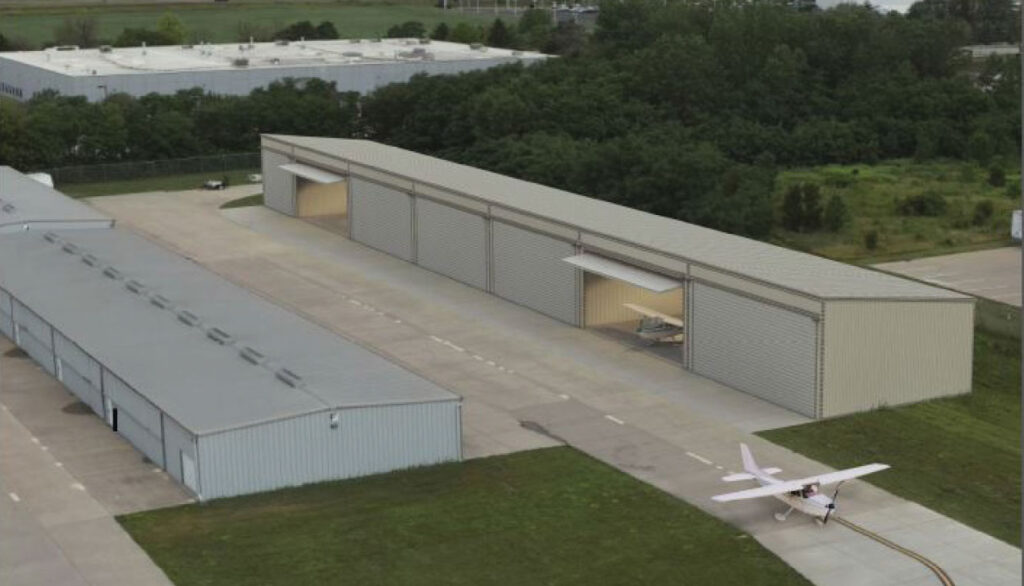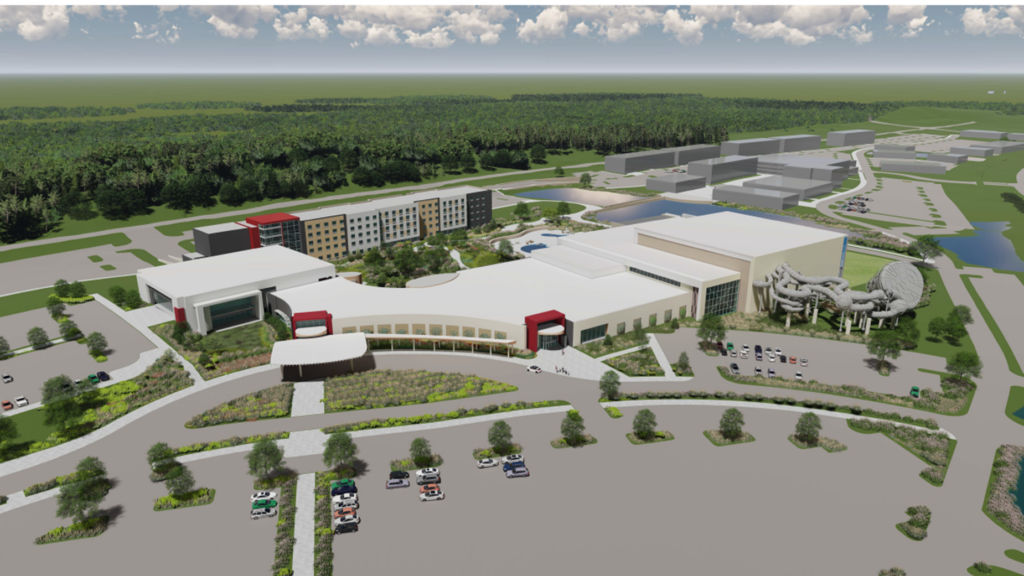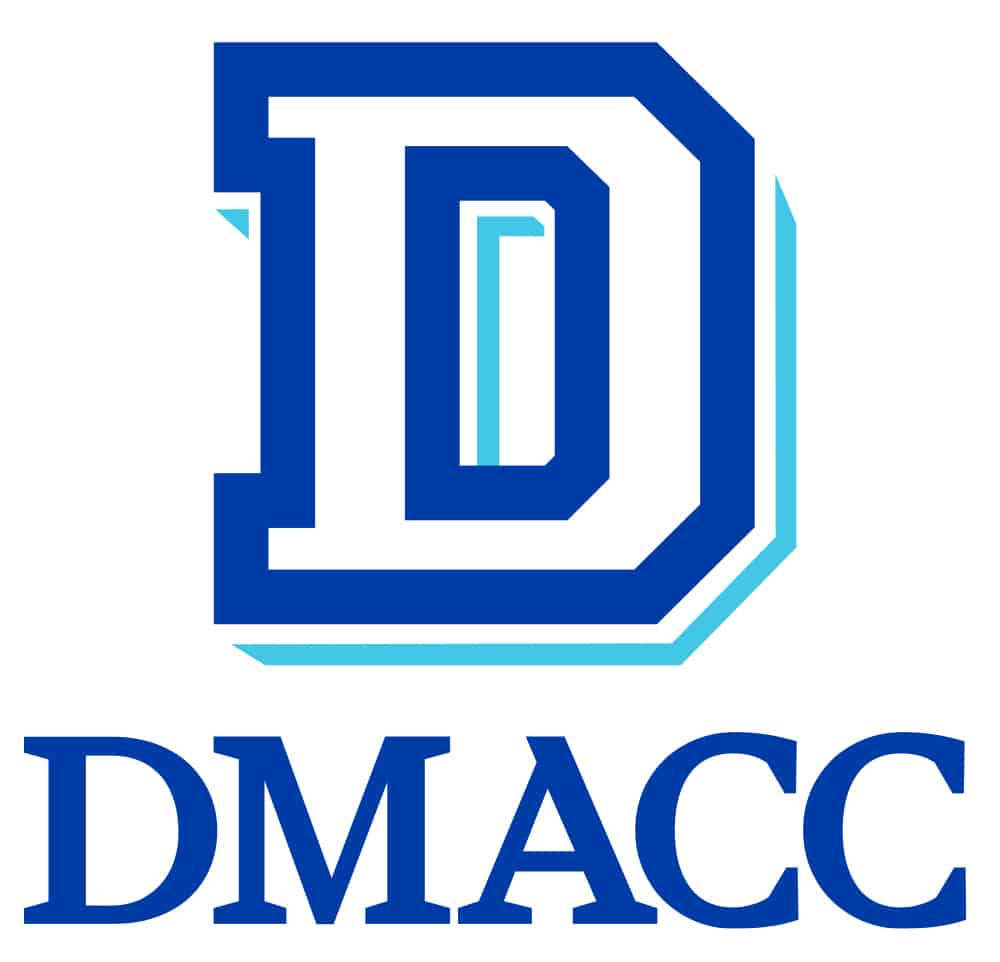Des Moines Water Works starts up nitrate removal facility as nitrate levels in source water nears EPA limits

Des Moines Water Works has begun operation of its nitrate removal facility for the first time in five years because of increasing nitrate levels in raw water sources upstream, the water utility said in a news release Wednesday.
The utility’s finished drinking water meets the U.S. Environmental Protection Agency’s Safe Drinking Water Standards, but levels in raw source water are quickly nearing the limit of allowable levels. The EPA’s acceptable nitrate level for safe drinking water is 10 milligrams per liter. Nitrate levels in the rivers and shallow alluvial groundwater Des Moines Water Works uses are above 9 milligrams per liter.
In response, the utility began operation of its nitrate removal facility on Tuesday, officials with the utility said. Des Moines Water Works provides drinking water to 600,000 Central Iowans.
 Ted Corrigan, the CEO and general manager of Des Moines Water Works, said this is “a delicate time.”
Ted Corrigan, the CEO and general manager of Des Moines Water Works, said this is “a delicate time.”“We are at that point where we are monitoring the nitrate level closely, and it is an hour-by-hour decision on which sources of water to use and how to blend the water source in order to reduce nitrate levels,” he said.
The utility’s nitrate removal facility initially started operating in March 1992. It was last used in 2017.
In the release, officials said dry conditions the past few years have limited the flow of nutrients into Iowa’s waterways, which led to lower levels of nitrates in raw source water. Closer to normal rainfall levels this spring have pushed the nitrate levels higher.
Water Works officials said it can cost up to $10,000 a day to operate the nitrate removal facility, which captures nitrate ions in the water. It’s similar to how a home’s soft water system removes calcium and magnesium ions.
The nitrate waste is diverted to the Des Moines Metropolitan Wastewater Reclamation Authority, where it is treated and turned into a product called biosolids, which are produced for application on farm fields in the Des Moines River watershed.
Corrigan said while Des Moines Water Works can remove the nitrates to comply with drinking water standards, it comes at a cost to taxpayers. The real solution sits with landowners, he said.
“They have the ability to make changes to the way they use their land in order to keep nutrients on the land and in the soil, which is where they belong,” Corrigan said.










